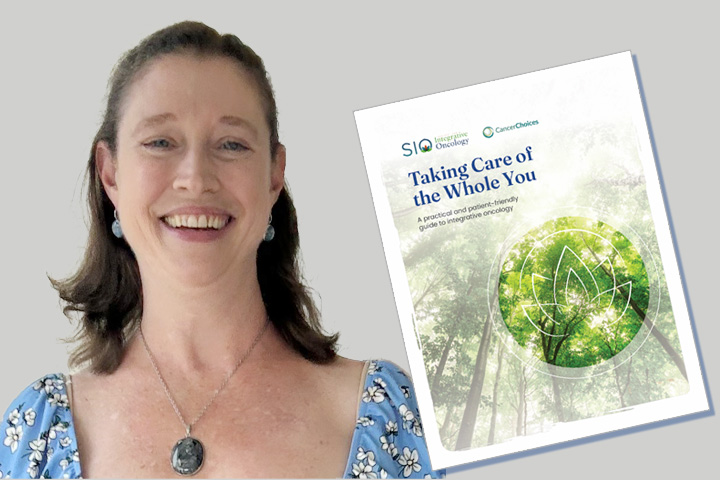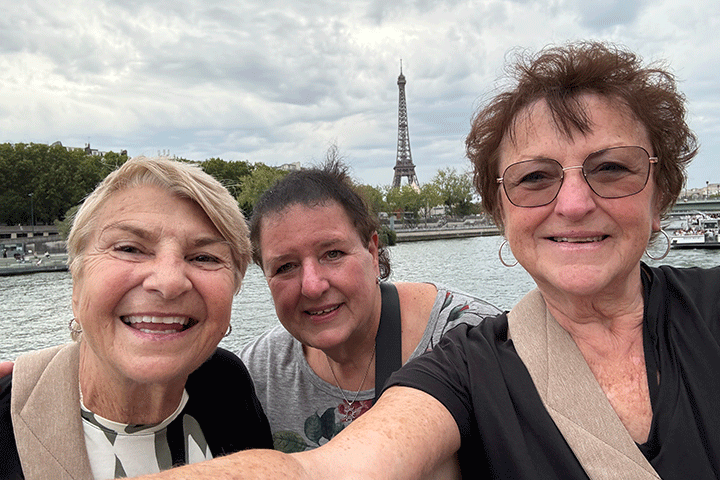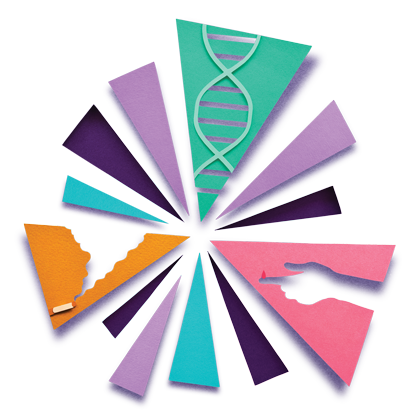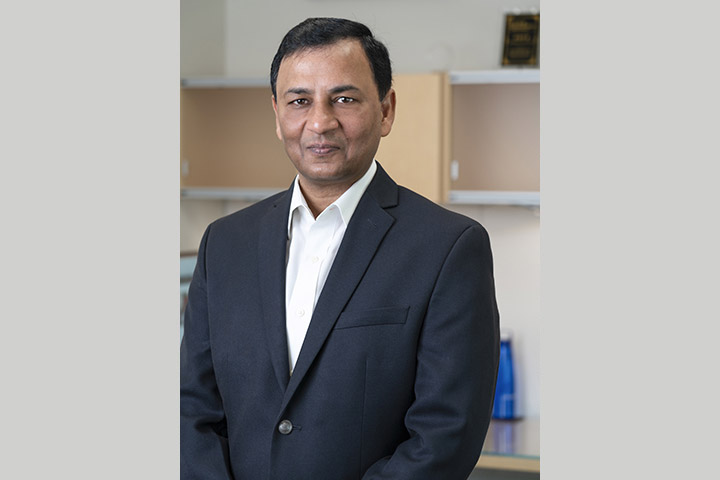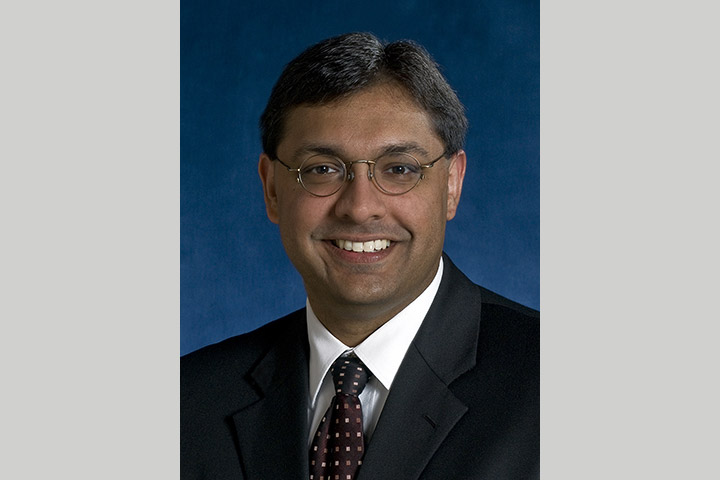Peace of Mind Through Genetic Testing of Pancreatic Cyst Fluid

It began with a routine CT scan for an unrelated, non-urgent health issue.
Hidden in the radiologist’s notes was a small but potentially significant finding: pancreatic cysts. No one said anything. Not the ordering physician. Not the patient’s internist. But the cysts were there, in black and white.
This is how Beth, a Maryland psychiatrist, began a journey that would eventually lead her to clarity and reassurance, thanks to molecular testing of fluid from her pancreatic cysts.
The Overlooked Finding
Like many people with incidental pancreatic cysts, she might not have pursued further investigation had she not happened to revisit the scan report herself. “I think I looked at a more recent scan and remembered an older one,” Beth says. “When I compared them, I saw the cysts were still there.”
Even then, her internist wasn’t overly concerned. It wasn’t until she mentioned the cysts to her sister, who was familiar with pancreatic cancer, that she was encouraged to dig deeper.
Her sister referred Beth to Dr. Venkata Akshintala, M.B.B.S., Associate Professor of Medicine in the Division of Gastroenterology at Johns Hopkins Medicinel and a key researcher in pancreatic cyst management. She sent over her scans and was told she was qualified for a clinical study.
Regular Screening Protocol
Initially, Beth’s cysts were monitored with CT scans and endoscopic ultrasound (EUS), a standard monitoring protocol for any person at higher risk. But then doctors performed a new molecular test that analyzes the genetic makeup of fluid aspirated from the cysts.
Created by researchers at the Molecular & Genomic Pathology Laboratory at the University of Pittsburgh Medical Center (Pennsylvania) the PancreaSeq® Genomic Classifier is a comprehensive DNA/RNA-based next-generation sequencing panel and genomic classifier that targets 74 genes to evaluate five classes of genomic alterations, including gene mutations, gene fusions, and gene expression believed to correlate with pancreatic lesions.
In this case, the results brought relief: Beth did not have any of the key genetic mutations that account for the majority of pancreatic cancer cases associated with cysts. The finding significantly lowered her risk profile—and her anxiety. It meant she can now continue with annual surveillance and avoid unnecessary invasive procedures.
A Physician and a Patient
As a practicing psychiatrist, Beth is no stranger to medicine. But even with her background, she admits she wasn’t fully aware of how significant pancreatic cysts could be.
“I think many people—patients and physicians alike—downplay these findings, especially when they’re asymptomatic,” she notes. “But my friend’s husband had a pancreatic cyst that was lost to follow-up. He later developed pancreatic cancer. Thankfully, he survived after surgery and chemotherapy. But that story stayed with me.”
She also recognizes how easy it is for things to fall through the cracks in today’s fragmented healthcare system, where doctors are siloed and important details can get overlooked when they are not the focus of the ordering physician.
The Importance of Advocacy
Beth’s advice to other patients is clear: Don’t ignore a finding just because no one else seems worried. Ask questions. Seek a second opinion. Follow up.
“I think there’s a natural temptation to minimize things that might be serious,” she says. “But that can be dangerous.”
She is very glad to have participated in the study. “The inconvenience was minimal, the care I received was cutting edge, and it genuinely helped reduce my anxiety.” She also found reassurance in working with a team that was actively shaping the future of pancreatic cancer screening.
“Dr. Akshintala and his team are deeply engaged with the latest science,” Beth adds. “They were already talking about the genetic testing a year before it became available. Being in that environment made me feel like I was in good hands.”
